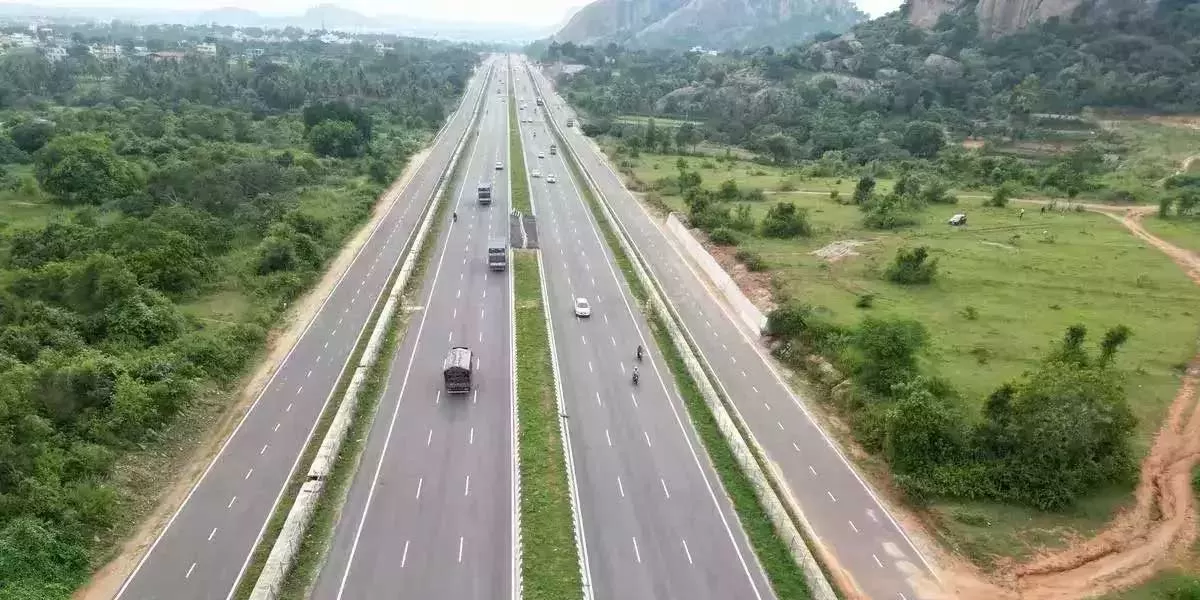Under this system, concessionaires will be evaluated biannually, with results published on the NHAI website and shared across its social media platforms. The assessment methodology incorporates the Pavement Condition Index (PCI) and defect rectification compliance via the NHAI One App, which allows for digital notification and monitoring of over 95 types of defects. The PCI will carry 80% of the weight in the assessment, while defect compliance will contribute 20%.
PCI, defined by IRC 82:2023 guidelines, is a scientific metric ranging from 0 to 100, categorising pavement conditions from 'Excellent' to 'Failed'. It is calculated based on six parameters: roughness, potholes, cracking, ravelling, rut depth, and patchwork. Modern technologies, such as Laser Crack Measurement Systems and Network Survey Vehicles (NSV), will be used for data collection and processing by central agencies under NHAI’s oversight.
Based on their performance, concessionaires will be classified into categories. Those scoring below 70 out of 100 will be labelled as 'non-performers' and will be barred from securing new National Highway projects until they improve their rating.
Assessments will be conducted at both the individual project and overall concessionaire levels. The project and combined concessionaire ratings will be reviewed every six months with each NSV survey cycle. The compliance data from the NHAI One App will also contribute to the overall rating.
With this transparent assessment framework, NHAI aims to establish higher standards for construction and management quality, enhancing the safety, comfort, and efficiency of travel on India’s National Highways.
(PIB Gov)


